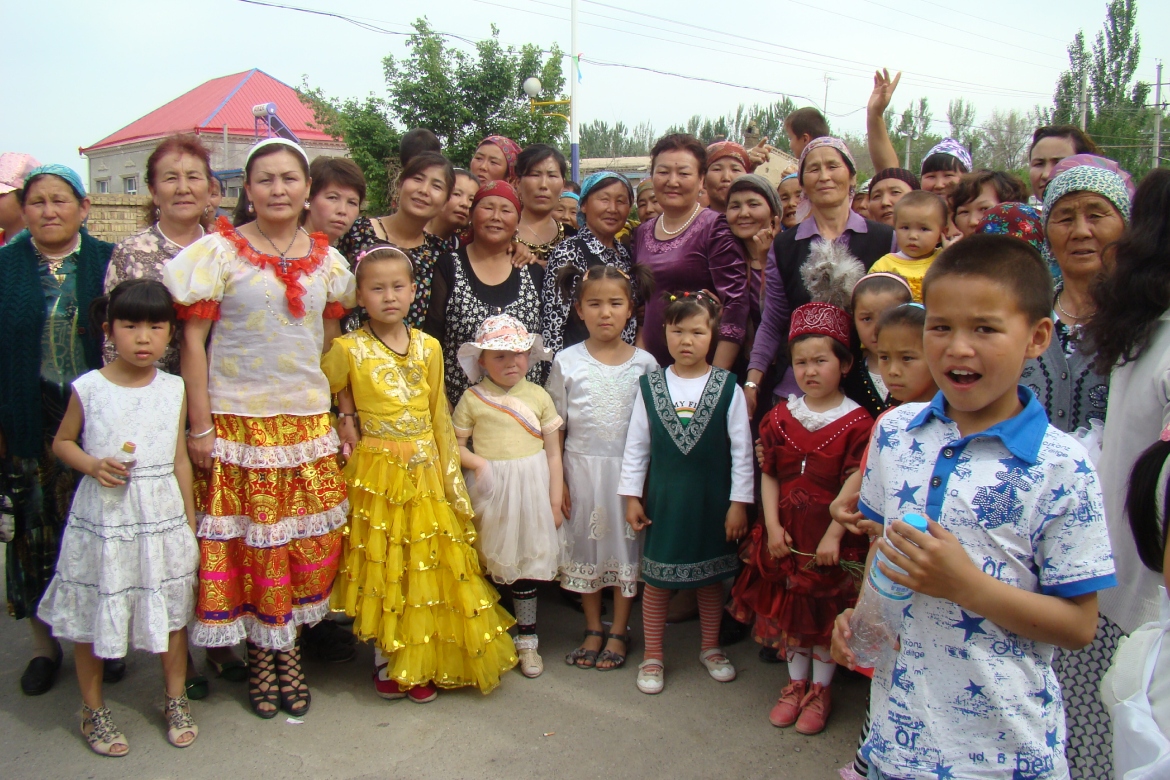- Title of the project: Cultural Exchange and Mutual Learning between Countries along the Silk Road (China and Hungary)
- Duration of the project: January 1, 2024 – December 31, 2025
- Principal investigator: Ildikó Gyöngyvér Sárközi, Department of Non-European Studies, Institute of Ethnology, HUN-REN Research Centre for the Humanities
- Project type: Mobility funding for joint projects
- Partner institution: Chinese Academy of Social Sciences, Institute of Ethnic Literature
- Funding organization: Hungarian Academy of Sciences, Chinese Academy of Social Sciences
- Project number: NKM2023-68
For more than 15 years, Hungarian and Chinese researchers involved in the project have been conducting research in close cooperation among the Turkic, Mongolian, and Manchu-Tungus-speaking peoples of China, Southern Siberia, and Inner and Central Asia. Their research topics include folklore, ethnology, history, religion, and social history.
To collect primary sources, project participants have been conducting fieldwork in Inner Mongolia, primarily in the central and northeastern regions, as well as in Qinghai, Gansu, Heilongjiang, Jilin, and Liaoning provinces, to study the intangible culture, traditional practices, folklore, and beliefs of the Altaic minorities in Northern China and their cultural responses to the challenges of modernization and globalization.
Researcher exchanges play a key role in the project, allowing participating researchers to give presentations at partner institutions, national and international scientific forums, as well as Hungarian, Chinese, and other foreign (Mongolian, Kazakh) universities and scientific workshops. A key result of the bilateral cooperation is the academic journal Studies on Cultures along the Silk Road, founded by the two partner institutions in 2019, accompanied by annual conferences.
In a program called New Silk Road announced in 2013, China has placed considerable emphasis on developing cultural relations, including the exploration of the traditional cultures of the peoples living along the Silk Road. The reason for this is that the economic and social processes taking place in the country have put the role of minorities in nation-building in a new context. The attention to the peoples along the Silk Road makes it of utmost importance for us to join this research and work for the success of Chinese-Hungarian scientific cooperation by using all available opportunities.
The submitted research topic is of great international interest, and the planned project not only contributes to the development and successful implementation of cultural and scientific relations between the two countries, but also brings us closer to understanding social science research in China.



